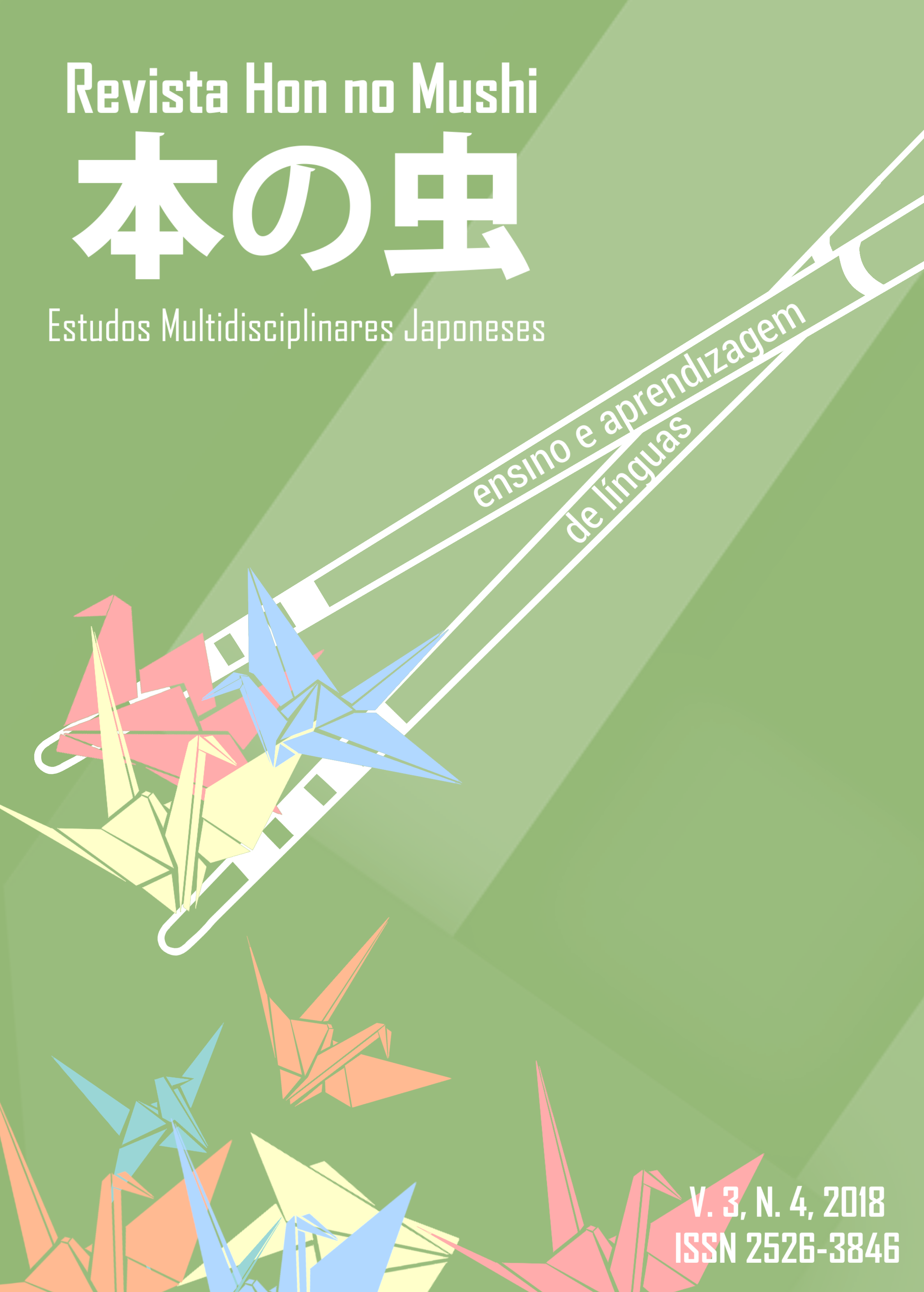SOCIAL INTERACTION: A FACILITATIVE ELEMENT IN THE PROCESS OF TEACHING AND LEARNING FOREIGN LANGUAGES
Keywords:
Society; Social Interaction; Teaching; Learning; Foreign LanguageAbstract
The objective of this study is to reflect on the relevance of social interaction, understanding it as a facilitative element in the process of teaching and learning languages. It is a qualitative bibliographical research that has by method the review of the literature. This study is supported by the theoretical contribution of Matui (1995), Oliveira (1997), Rego (2002), Vygotsky (1998; 2008). The results obtained confirm the relevance and benefits of social interaction as something that actually helps the process of teaching and learning languages. In this sense, it is essential a Teacher Education in which there is the perception and use of inclusive activities that promote moments of interaction between teacher-student and student-student in the classroom so that, from it, communication can favor the socialization of knowledge. New meanings, obtained through contact with a foreign language, may give the students the possibility of appropriating from the new knowledge, constructing, in this way, culturally situated meanings in their own language.
Downloads
References
____. A abordagem comunicativa do ensino de línguas: promessa ou renovação na década de 1980? In: ALMEIDA FILHO, José Carlos Paes de. Linguística Aplicada, Ensino de Línguas e Comunicação. 4ª ed. Campinas, São Paulo: Pontes Editores e ArteLíngua. 2011. p. 77-87.
BRASIL, Ministério da Educação Fundamental. Parâmetros Curriculares nacionais: terceiro e quarto ciclos do ensino fundamental: língua estrangeira. Secretaria de Educação Fundamental. Brasília: MEC/SEF, 1998, p.120.
DAVIS et al. Papel e valor das interações sociais na sala de aula. Cadernos de pesquisa. 1989.
FREIRE, P. Pedagogia da autonomia: saberes necessários a prática educativa. São Paulo: Paz e Terra, 1996.
LUCCI, M. A. A Proposta de Vygotsky: a psicologia sócio histórica. Revista de currículum y formación del profesorado. Universidad de Granada, Espanha, v. 10, nº2, 2006, p. 1-11. Disponível em: <http://www.ugr.es/~recfpro/Rev102.html>. Acesso em: 30 mai. 2017.
MATUI, J. Construtivismo: teoria sócio histórica aplicada ao ensino. São Paulo: Moderna, 1995.
MESQUITA et al. Repensando a competência comunicativa sob a ótica da complexidade. In: Revista Desempenho, Brasília: Universidade de Brasília, v. 10, n.16, p. 92-109, dez.2011. Disponível em: <www.revistadesempenho.org.br>. Acesso em: 30 jul. 2017.
MICCOLI, L. S. Refletindo sobre o processo de aprendizagem: um estudo comparativo. In: OLIVEIRA, M. K. Vygotsky: aprendizado e desenvolvimento um processo sócio- histórico. São Paulo, Scipione, 1997.
OLIVEIRA, C. L. Um apanhado teórico-conceitual sobre a pesquisa qualitativa: tipos, técnicas e características. Revista Travessias, 2009.
REGO, T. C. Vygotsky, uma pesquisa histórico-cultural da educação. Petrópolis, RJ: Vozes, 2002.
VYGOTSKY, L. S. Pensamento e Linguagem. São Paulo, Martins Fontes, 2008.
____. A formação social da mente: o desenvolvimento dos processos psicológicos superiores. 6ª ed. São Paulo: Martins Fontes, 1998.
Downloads
Published
Issue
Section
License
The copyright belongs to the Hon Journal in Mishi - Multidisciplinary Japanese Studies and to the authors of each article. All work or part of it, when quoted or used, must be referenced.




